The NEF Global Gathering presents an opportunity to connect with African scholars, research institutes as well as with policymakers and industry. Many of the African participants I interacted with, told me that it was inspiring and motivating to see the achievements of other Africans on a global platform and to feel represented in the scientific community. The conference also helped different research institutions to connect and learn about each other’s work. Representatives from the private sector, including the Bosh foundation as well as Microsoft and Johnson & Johnson among other private sector participants underlined that rapid economic growth combined with a large young population and dramatic improvements in education levels create interesting opportunities for the private sector that they do not want to miss. Increasingly academic and private sector institutions want to be able to develop and test technologies in Africa that address local, regional and global challenges.
The Future is African: Global Gathering of the Next Einstein Forum in Rwanda
by Adina Rom, 23.08.2018
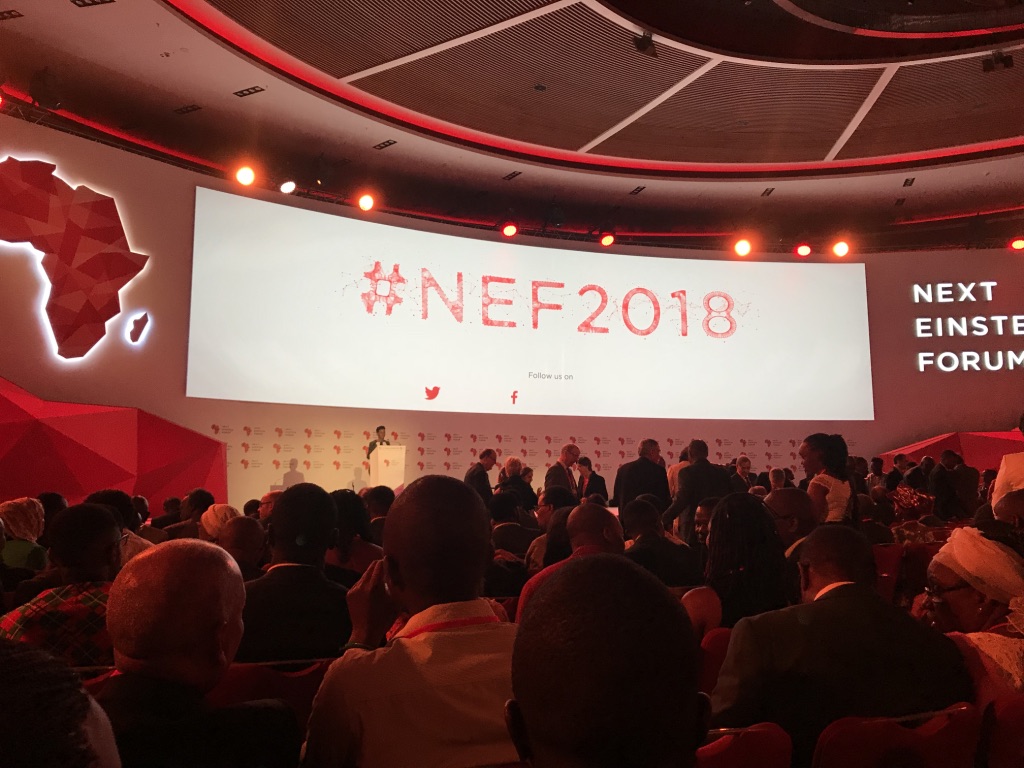
Opening Ceremony of the NEF 2018 in Rwanda (photo credit: Adina Rom/ETH Zurich)
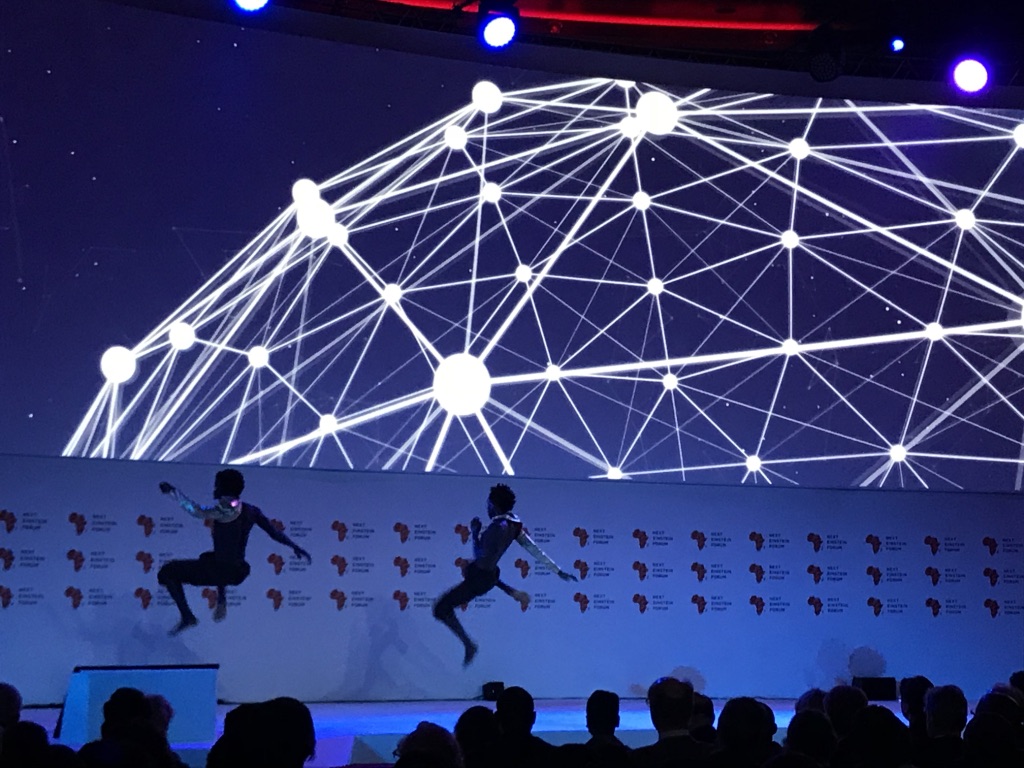
For the second time, the Next Einstein Forum (NEF) held its biannual Global Gathering, bringing together researchers, policy makers and industry in Rwanda to unveil and celebrate scientific achievements from African scientists. Over 1,600 people attended the eventful three-day gathering.
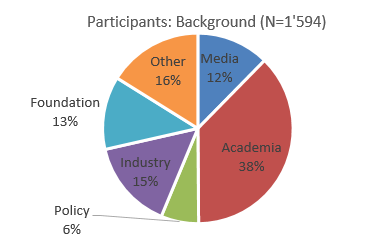
Figure 1: Conference Participants’ Background
As Figure 1 shows most participants were from Academia (38%) followed by industry (15%), and media (12%). The organizers also emphasize the importance of gender balance. With 36% of the participants being women the conference was likely above the average of scientific conference although still below parity. Additionally, the organizers made an effort to have representatives from across the continent. Whilst the majority of participants came from the host country Rwanda (824), there was significant representation from Senegal (95), South Africa (73) and other countries in sub-Saharan Africa.
Training for the Next Generation of African Scientists
The NEF gathering is part of the African Institute of Mathematical Science (AIMS), which currently offers MA programs in Mathematics in six campuses across the continent (Cameroon, Ghana, Rwanda, Senegal, South Africa, Tanzania). They offer a 10-month course to around 40-50 students per year. The goal is to teach problem-solving skills that can be applied in industry or research. To strengthen the connection with industry, AIMS recently started the AIMS Co-operative Program that adds an industry internship to the program.
Opportunities for a growing Young Population
Importantly, there was a consensus among stakeholders from academia, industry and policy, that there are many extremely talented young Africans who are looking for opportunities to learn math, science and engineering skills. Although these skills are relevant in today’s labor markets, much of this talent remains untapped. At the same time, these skills are in increasingly high demand in both the public and private sector across the continent and the globe. However, what is lacking in many places is (a) high-quality training that includes problem solving and critical thinking skills and (b) matching talented young people with opportunities in academia and industry.
On a personal level, attending the NEF Conference was a very enriching experience. It was refreshing to attend a global conference with so many African scientists and representatives, where the conversation was not only about problems but also about solutions and where Africa’s growing young population was seen for its potential. I had many conversations with people from across the continent working in academia, government and the private sector, leaving me inspired by their entrepreneurialism and drive to change and impact society.
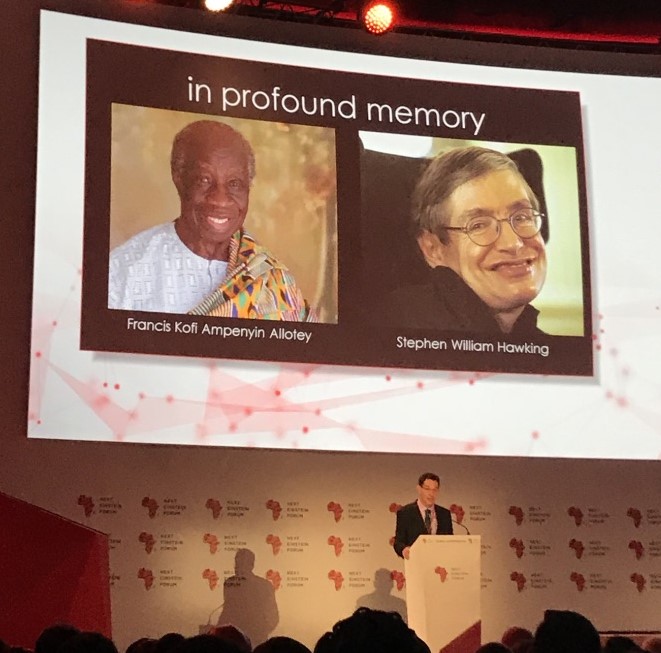
photo credit: Adina Rom/ETH Zurich
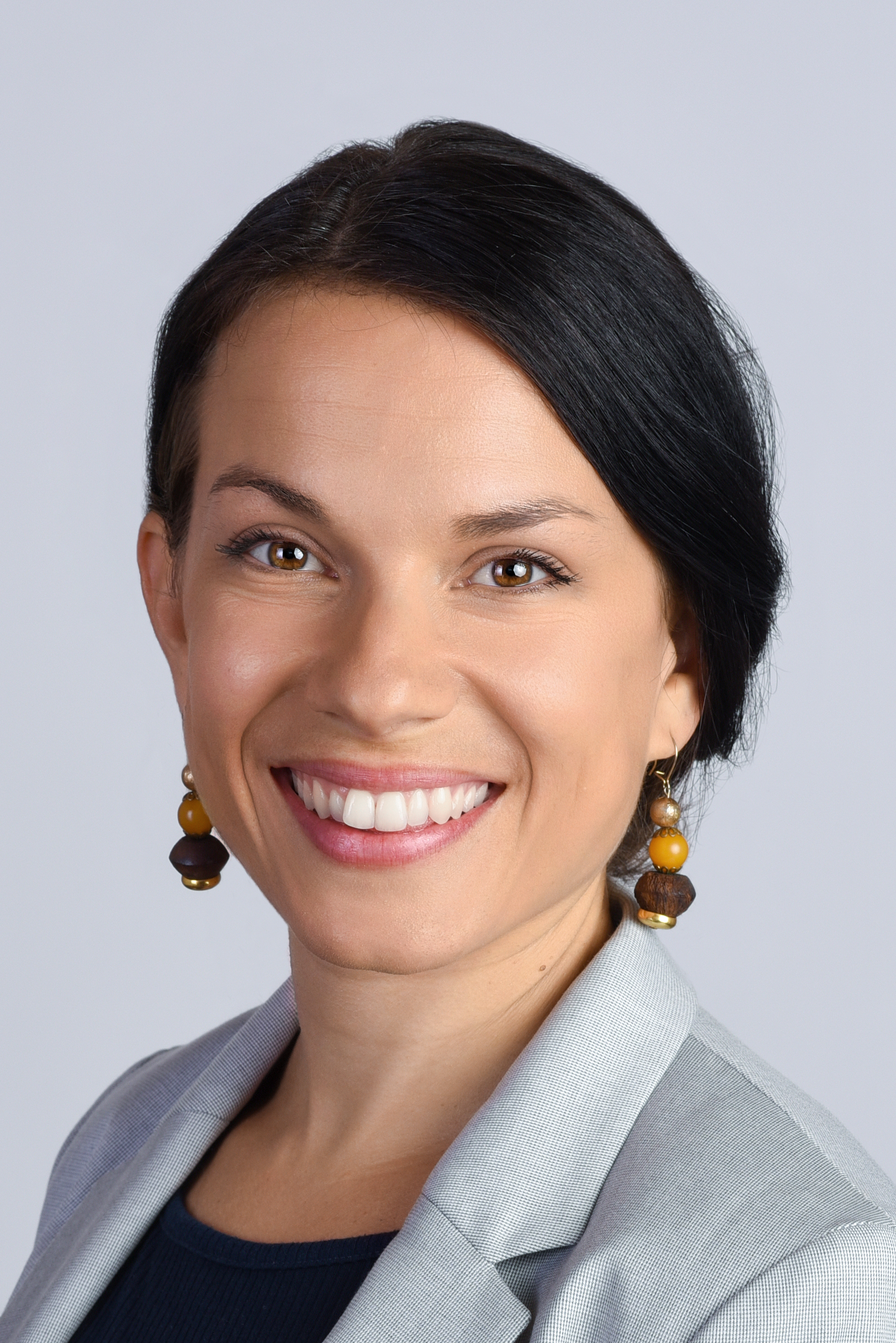
About the author
Adina Rom is a PhD student at NADEL and founder of Policy Analytics, an ETH-Spin-Off that helps organizations to use and generate evidence to understand their social and environmental impact. For her dissertation she conducted an impact evaluation of a renewable energy program in rural Kenya. Prior to joining NADEL, she completed a Masters in Public Administration/International Development at the Harvard Kennedy School, worked as a Research Associate for the Center for Effective Global Action at UC Berkeley, and was Director of Operations for Innovations for Poverty Action in Kenya.


